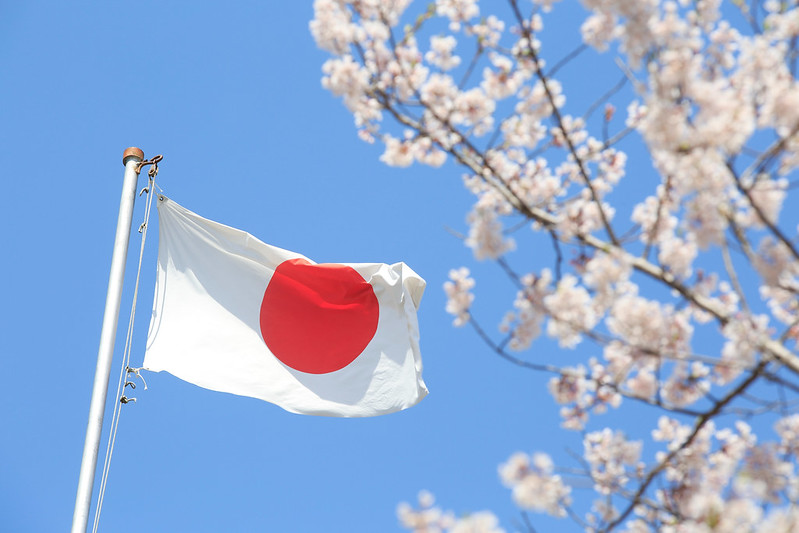Masking in Japan

Being in Japan for a month was like being on a different planet, not a different country, at least when it comes to Covid. Masking inside is 100%, effectively. Maybe on a rare occasion, you saw a punk kid or a homeless person not masking inside a train station, but that’s about it. Outside, masking is at about 85%, even though the government has no mandate for it and in fact cannot legally issue one. In fact, the Japanese government is having to encourage people to not mask outside because the weather has been so abysmally hot and the inability to breathe well through them is actually making people unhealthy. The Times has a piece on this.
But social conformity — and a fear of public shaming that is instilled from the youngest ages — has been a key ingredient in Japan’s relative success in Covid prevention, experts say. Unlike in many other countries, Japanese law does not permit the government to order lockdowns or vaccinations. The majority of the population followed each other in heeding guidance from scientific experts who encouraged people to wear masks and avoid situations where they would be in enclosed, unventilated areas with large crowds.
After a slow start, once Japan ramped up the distribution of vaccines, most people followed advisories to get them. Even without mandates, close to 90 percent of all people over 65, the most vulnerable population, have received booster shots, compared with 70 percent of seniors in the United States.
In Japan, “if you tell people to look right, they will all look right,” said Kazunari Onishi, an associate professor of public health at St. Luke’s International University in Tokyo.
“Generally, I think that being influenced by others and not thinking for yourself is a bad thing,” Dr. Onishi added. But during the pandemic, he said, “it was a good thing.”
Unlike in the United States, wearing a mask or getting a vaccine never became ideological litmus tests. Although trust in government has fallen during the pandemic, in a country where the same party has governed for all but four years since 1955, the public put pragmatism over politics in the approach to Covid.
The practice of keeping in line with peers is inculcated in schoolchildren, who wear uniforms in most public schools and are shamed into following institutional expectations. “Just being removed from the group is such a big deal for Japanese kids,” said Naomi Aoki, associate professor of public management at the University of Tokyo. “They always want to belong to a social group and don’t want to feel isolated.”
Children are taught to act for the collective benefit. Students clean classroom floors and school grounds and take turns serving lunch in cafeterias.Japanese culture also depends on an ethic of public self-restraint that can be marshaled into group action. When Emperor Hirohito was dying in 1988, pop singers postponed weddings and schools canceled festivals.
After the 2011 nuclear disaster in Fukushima led to serious power shortages, the public cut back on electricity use voluntarily. (With temperatures rising in Tokyo this past week, residents are being asked to do so again.)
During the pandemic, politicians tapped “into this collective idea of self-restraint for the public good,” said James Wright, an anthropologist at the Alan Turing Institute in London who has studied Japan’s coronavirus response.
As I said, this is a different planet. There is just nothing–absolutely nothing–in contemporary America like this at all.
I don’t know how many people I told that I was happy to be in Japan because for one month at least I wouldn’t get Covid and I wouldn’t get shot. But it included at least one of my professional talks.


